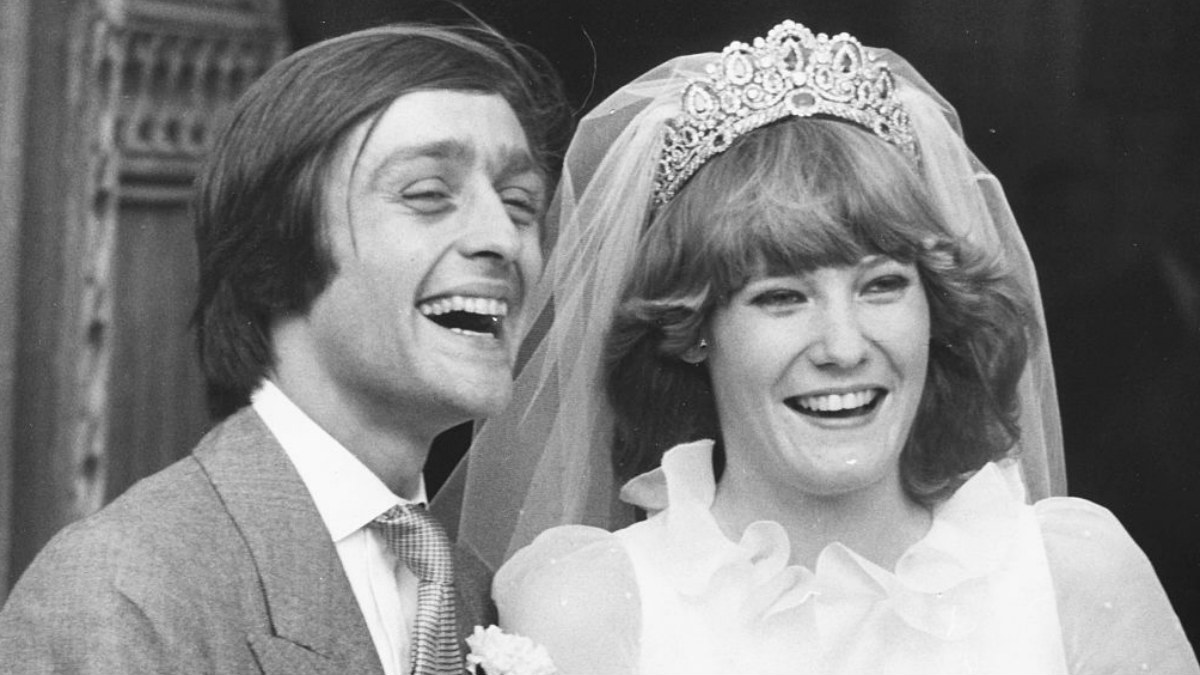Should new Duke of Westminster be able to avoid £3bn IHT bill?
Most of the £9bn property estate controlled by the Grosvenor family is held in tax-exempt trusts

A free daily email with the biggest news stories of the day – and the best features from TheWeek.com
You are now subscribed
Your newsletter sign-up was successful
The sudden death this week of Gerald Cavendish Grosvenor, the sixth Duke of Westminster, is expected to mean that both his title and the control of a £9bn property portfolio will pass to his 25-year-old son Hugh.
The transfer of the family's wealth, which includes some of London's most exclusive properties and squares, is not, however, expected to give rise to hefty "death duties" worth billions of pounds.
What are the usual rules?
The Week
Escape your echo chamber. Get the facts behind the news, plus analysis from multiple perspectives.

Sign up for The Week's Free Newsletters
From our morning news briefing to a weekly Good News Newsletter, get the best of The Week delivered directly to your inbox.
From our morning news briefing to a weekly Good News Newsletter, get the best of The Week delivered directly to your inbox.
Typically, when a person dies their estate is subject to an inheritance tax (IHT) test. Nothing is payable under the "nil-rate band" of £325,000, while anything above that is taxed at 40 per cent.
Wealth can be passed on to a spouse free of tax and, on their death, a combined allowance of £650,000 applies. A new property allowance of £175,000 per person means housing wealth of £1m can be passed on without incurring a bill.
How are the Grosvenors eluding IHT?
As stated above Gerald Grosvenor is not expected to pass on his assets to his 57-year-old wife, Natalia. In theory, then, his son would pay tax on anything above £500,000.
A free daily email with the biggest news stories of the day – and the best features from TheWeek.com
Chas Roy-Chowdhury, head of taxation at the Association of Chartered Certified Accountants, told the Financial Times this would give rise to an IHT bill of £3.34bn.
But that is not expected to be the case, says the Daily Telegraph, because "successive generations are 'trustees' rather than direct owners of the assets". In short, the fortune wasn't in Gerald's name and it won't be in Hugh's either.
Is that legal?
Perfectly. In fact, anyone can "gift" money or assets into trusts and, as long as they then go on to survive for seven years, that wealth is no longer included in their estate for IHT purposes.
In this case, the assets are believed to have been placed into a trust for future generations of the family by the fifth Duke and Gerald's father, Robert George Grosvenor.
Why doesn't everybody do it?
In some cases people don't know about the gifting rules, while there is also a general sense that "older generations tend not to want to lose control of their wealth".
There are also costs that would be prohibitive for most, adds the Telegraph. A fee of 20 per cent applies when assets are placed into a "discretionary" trust. Additional duties of between two and six per cent are levied every ten years.
So the family isn't avoiding tax altogether?
No. In addition to those fees, any income received by Hugh and his relatives would be taxed at the usual rates – and any assets, such as art and money, that were controlled directly by his father and are not held in trust would be liable to IHT.
"It is not possible at this stage to estimate what this liability is, as all personally-owned assets will need to be valued," a spokesman said.
Should the rules be changed?
Campaigners such as John Christensen, the director of the Tax Justice Network, thinks so.
He told The Guardian that for "people who are really wealthy, inheritance tax has become an optional choice" that ensures "wealth… has become concentrated in the hands of a very small minority".
While Christensen would like to see a "wealth tax" imposed to redistribute some of that income, others are calling for reforms such as a central register of trusts to open them up to public scrutiny.
Does anyone support this type of avoidance?
Yes. George Hodgson, the interim chief executive of the Society of Trust and Estate Practitioners, says this type of mechanism is necessary to protect family businesses that are responsible for lots of jobs and might otherwise need to be broken up.
And let's not forget that a lot of people don't even agree with the general principle of IHT, which they see as a second tax on assets already taxed during the deceased's lifetime.
Have all Grosvenors got away with IHT?
Again, no. The largest sum ever paid in death duties was on the death of the third Duke in 1963, according to John Kay and former Bank of England governor Mervyn King's book, The British Tax System.
"The bill was £11m [more than £200m in today’s terms] paid on an estate estimated at between £40m and £60m," says the FT.
Are the family known for any other avoidance mechanisms?
The Daily Mirror says it "could have been a different story" for the seventh Duke had his grandfather, Robert, not fought a "12-year legal battle with the tax man over his brother's old war wound".
Gerald, the fourth Duke, had been injured in 1944 by an exploding shell. Robert successfully argued that even though he went on to live for another 23 years, his eventual death was as a result of his wounds - and that meant he qualified for an active service exemption from death taxes.